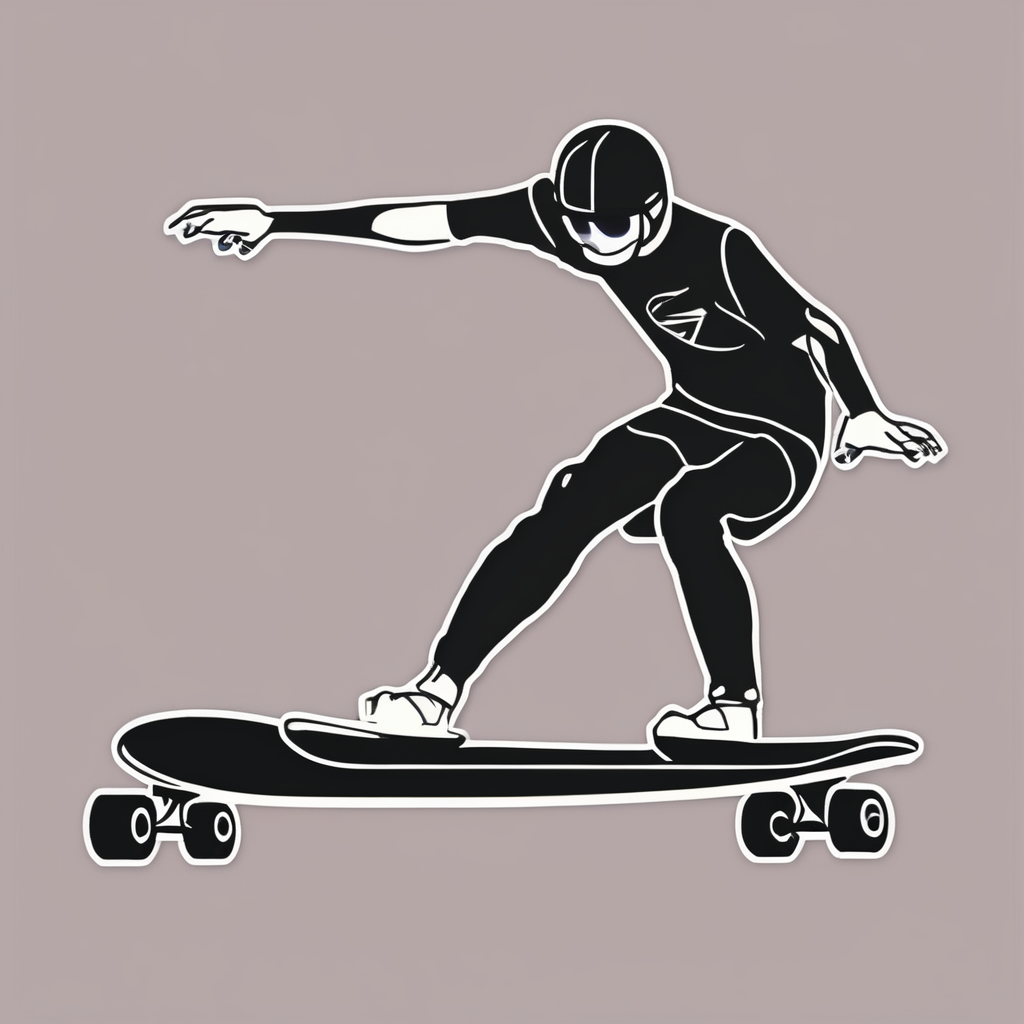Impact of Combat Sports on British Youth and Identity
Combat sports in the UK play a significant role in shaping youth culture by influencing values such as discipline, resilience, and aspiration. For many young people, participation in boxing, MMA, or other disciplines offers a route toward social mobility, creating opportunities that may not be readily available otherwise. These sports instill a structured environment where commitment and hard work are rewarded, fostering personal growth beyond physical fitness.
Beyond individual benefits, combat sports contribute meaningfully to community engagement, reinforcing local identity and pride. Gyms and clubs often serve as social hubs, helping youth connect with peers and mentors, thus strengthening social cohesion within British society. The shared goals and collective effort promote a sense of belonging that resonates beyond the ring.
Also read : How Can UK Combat Sports Athletes Balance Training and Recovery?
Moreover, combat sports influence perceptions of masculinity by emphasizing respect, self-control, and resilience rather than aggression alone. This nuanced view supports broader dialogues on gender roles and identity within youth culture. By participating in these sports, young people can redefine what strength and toughness mean in contemporary British society.
Media Representation and Mainstream Acceptance
The presence of UK combat sports media has expanded significantly across television, streaming platforms, and print outlets, bringing combat sports into wider public view. Televised events now feature prominently on major UK channels and dedicated sports streaming services, offering easy access to fights and in-depth analysis. This growth in coverage has helped to normalize combat sports within the cultural mainstream.
Also to read : How Are Combat Sports in the UK Evolving Today?
British combat sports celebrities play an essential role in this evolution. Figures from boxing, MMA, and kickboxing have transcended the ring to become household names. Their visibility in interviews, social media, and endorsements increases the sport’s appeal and connects it to everyday life. These athletes often share personal stories, making their journeys relatable and inspiring.
The broader media attention fosters constructive social acceptance and encourages dialogue on the sport’s values, discipline, and entertainment. It challenges outdated stereotypes by highlighting strategic skills and athleticism, encouraging viewers to see combat sports as a legitimate and respected part of UK sporting culture. This trend continues to build momentum as media outlets compete to cover the sport’s growing popularity.
Social Integration and Community Cohesion
Combat sports serve as a powerful platform for social integration UK, bridging gaps across different cultures and socioeconomic backgrounds. In multicultural Britain, these sports provide a common ground where individuals from diverse communities can unite, fostering mutual respect and understanding. This is particularly evident in how local gyms and grassroots initiatives emphasize inclusion, creating safe spaces that encourage youth development and positive social interaction.
Grassroots projects often focus on underserved neighborhoods, using combat sports to channel energy positively, reduce antisocial behavior, and build self-discipline and confidence. Many of these community projects have shown promising results, transforming areas previously troubled by division into cohesive environments.
One notable example involves a community program in a large UK city where boxing classes brought together young people from rival backgrounds. Through shared training routines and team events, participants developed friendships and a sense of belonging. These initiatives highlight how sport and society intertwine to reinforce social bonds and create lasting change, proving that combat sports are more than just physical activity—they’re a catalyst for community cohesion and social healing.
Changing Public Attitudes and Ongoing Debates
Public opinion on combat sports has evolved significantly over the years. While these sports once enjoyed widespread acceptance, recent concerns about health and safety have sparked considerable debate. The spotlight on brain injuries and long-term physical damage has led many to question the ethics of promoting such activities. As a result, public opinion surveys reveal a growing split between enthusiasts who appreciate combat sports for their discipline and excitement, and critics alarmed by the inherent risks.
Controversies often center on the violence displayed during matches and the potential for serious harm to participants. Critics argue that such sports may normalize aggression, while supporters emphasize personal choice and rigorous safety protocols. This tension fuels ongoing policy debates, especially in the UK, where lawmakers grapple with balancing sport regulation and athlete protection.
Expert opinions heavily influence these discussions, with medical professionals urging stricter guidelines and some calls for partial bans. In contrast, sports organizations advocate for improved training and equipment. This dynamic interplay shapes public attitudes, underscoring the complex nature of how society views combat sports today.
Historical Context and Evolving Traditions
The history of combat sports in the UK dates back centuries, with deep roots entwined in British society. Early forms of wrestling, boxing, and stick fighting were common among communities, often practiced as tests of strength, skill, and honor. Over time, these activities evolved into structured sports with formal rules, reflecting the broader martial arts tradition in Britain.
British boxing, in particular, holds a prestigious place in this history. The development of the Queensberry Rules in the 19th century standardized modern boxing, setting the foundation for the sport globally. Iconic figures such as Henry Cooper and Lennox Lewis have not only elevated the sport but also contributed to Britain’s cultural fabric, inspiring countless enthusiasts and athletes.
Combat sports have continuously influenced British cultural identity by promoting discipline, resilience, and community spirit. Events like historic boxing matches and martial arts tournaments have drawn significant public attention, further embedding these practices into national heritage. The ongoing evolution of combat sports in the UK showcases the blend of tradition and innovation, ensuring their legacy remains vibrant and influential in contemporary society.

